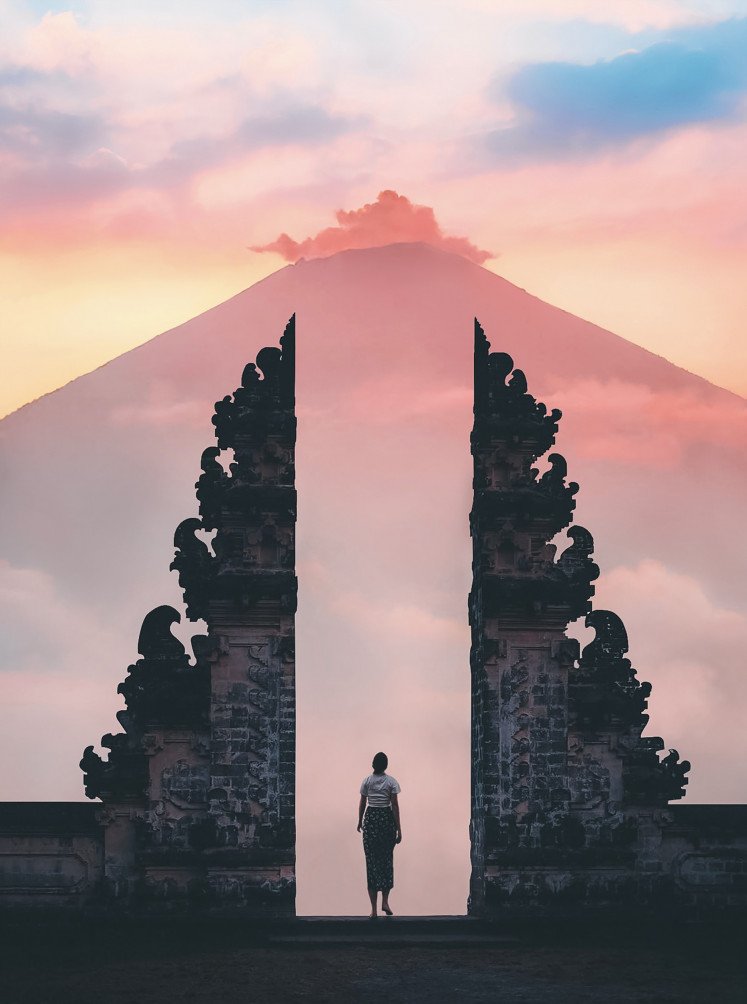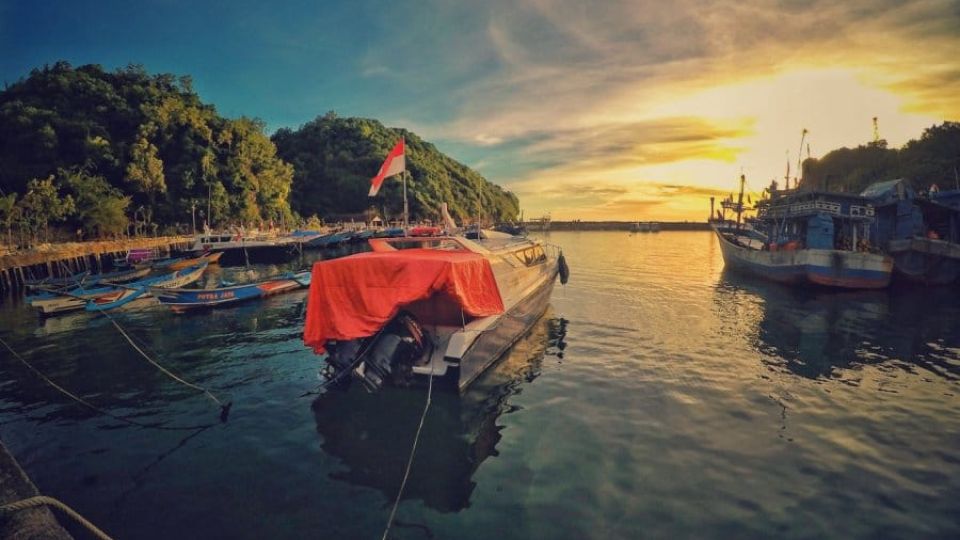May 4, 2023
JAKARTA – The future seems bright and exciting for the different varieties of Indonesian travelers as they look to hit the road in ways that suit them.
For Adhyani “Yani” Noer Indrati and her husband Tito Priambodo, an Indonesian couple based in Sweden, hitting the road is as much about the environment as the destination.
“We emphasize sustainability [during our travels], whether it be taking part in a sustainable program while on our trip or proactively minimizing carbon emissions,” Yani said. Their destinations of choice include Indonesian islands like East Nusa Tenggara, as well as those in Norway or Sweden. “We also like to collect trash when we go snorkeling or hiking. So as travelers, you can say we are Pioneering Pathfinders.”
A varied approach
Yani and Tito are among the 35 percent of Indonesian travelers identifying their “Traveler Tribe” as Pioneering Pathfinders for Traveler Tribes 2033, an Amadeus global travel technology company, which reported on travel for the next 10 years. Based on more than 10 thousand respondents from 15 countries, including Indonesia, Thailand, Australia and China, the report identified four distinct traveler tribes: Pioneering Pathfinders, Travel Tech-influencers, Excited Experientialists and Memory Makers, in Indonesia and around the world.
“Pioneering Pathfinders are technology trailblazers focusing on sustainability and environmentally friendly travel. Perhaps even more interesting is that it is identified as a progressive tribe and the most optimistic about the future of travel,” noted Amadeus senior vice president for customer success management Frederic Barou of the report, which was based on the responses of travelers and travel experts alike on a three-month survey between July and October 2022.

Serenity: Sunrise over a mountain is viewed from a Balinese temple (Pexels/Stijn Dijkstra) (Pexels/Stijn Dijkstra)
“Thirty-one percent of Indonesians are Travel Tech-influencers, [which are] mostly young business travelers with modest incomes who are confident it will rise as they travel the world in search of opportunities. Excited Experientialists […] embody the ‘you only live once’ [YOLO] movement, have no favored way of travel, and are open to limitless possibilities. Memory Makers are […] comfortable with themselves, emphasizing people and on-trip experiences.”
Barou noted that the latter two categories comprise 18 and 16 percent, respectively, of Indonesian travelers. They include Wanda, who identifies as a Memory Maker.
“For me, making memories is the primary reason for me to travel,” asserted Wanda, whose destinations of choice have included the Australian state of Queensland with its capital Brisbane, and Bali. “I am fine organizing the trip and itinerary by myself. After all, hitting the road is about who you travel with and making the most of the travel experience during the journey.”
Post-pandemic travel revival
The VFS Global outsourcing services company attributes the increasing mobility of these types of Indonesian travelers going overseas to the ongoing revival of travel in the wake of the COVID-19 pandemic.
“Visa applications from Indonesia in 2022 touched around 60 percent of the 2019 pre-pandemic levels driven by pent-up demand, the opening of international borders, and eased COVID-related protocols,” said VFS Global Australasia head Kaushik Ghosh in Jakarta on April 11. But he noted that COVID-19 still cast its shadow. “Health considerations continue to be a key determining factor in the new normal, with a growing section of travelers becoming conscious about health and safety. As a result, an increasing number of travelers opt for services that provide a seamless visa experience and prioritize safe travel.”
Ghosh asserted that the services include “the Visa At Your Doorstep [VAYD] that enables travelers to book the entire visa experience at a location of their choice. “Compared with 2021, VAYD saw a 37 percent rise in 2022,” along with the Mobile Visa Application Center.
Barou reiterated VFS’ findings. “COVID-19 […] has had a lasting impact on the travel industry. More trips to reconnect with nature and loved ones, as well as more travel focused on improving health and well-being, will be part of these changes due to the pandemic, which created a scarcity of travel and human interaction,” he noted, while also highlighting the role of biometric technology and artificial intelligence (AI) as “future forces expected to drive” travel by 2033, particularly for Indonesian travelers.
“The use of biometric data to allow quick access through passport control is part of the top-five technologies Indonesians look forward to in 2033.”
He asserted that other technologies Indonesian travelers highly anticipate include alternative payment methods, enabling them “to pay for trips by cryptocurrency, in virtual reality, or facial recognition” by 2033.
Technological innovations
Barou maintains that state-of-the-art technology in super apps, biometrics, touchless technology, virtual reality (VR) and increased automation will be “a primary driver of a very different experience of travel and make travel smoother.” He highlighted the use of Metaverse for a more immersive travel experience.
“Metaverse is expected to bring […] virtual tours, a virtual travel expansion [trips to the past, to Mars, etc.] [and] become a source of inspiration for travelers to have a taste of what they can experience during their actual excursion,” in other words, “try before you buy.”
Barou noted that AI will loom large in the future of travel, as it can “help industry players to prepare themselves better for the traveler’s demands and also for travelers to better plan their journeys.” Most of all, the Traveler Tribes 2033 report “showed us that using AI to make trip planning quicker […] represents what excites Indonesian travelers the most about trips in 2033.”
Whether these innovations will live up to their billing is yet to be seen. But what is certain is that the prospect of innovations for travel in the wake of the COVID-19 pandemic and the emergence of various types of travelers in shaping the industry means the field is one to watch well into the future.


